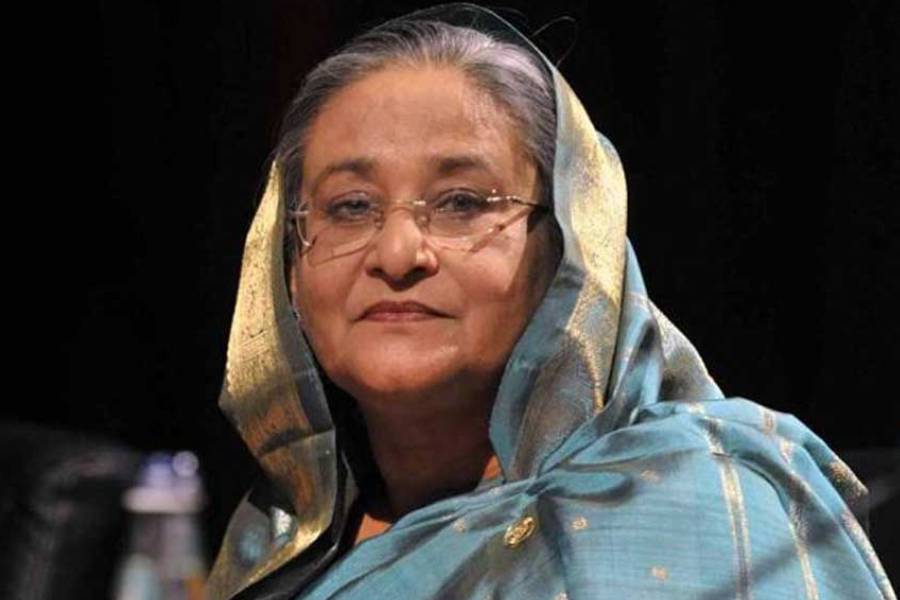No response from India in seven and a half months over Hasina’s extradition

Published :
Updated :

India has not responded to Bangladesh’s formal request to extradite ousted prime minister Sheikh Hasina, more than seven months after a diplomatic note was sent seeking her return for trial.
Speaking at the Foreign Service Academy on Monday, Foreign Advisor Touhid Hossain said Dhaka is still “waiting” for a response from Delhi.
Asked about the diplomatic efforts to bring back Hasina on the first anniversary of the July Uprising, he said: “You know, we have never kept it a secret that we want her to be returned so she can face justice.”
“The trial process has already started. Whether someone comes or not, the trial cannot be held up for that,” he added.
Awami League chief Hasina has been in India since fleeing there on Aug 5 last year, amid intense mass protests.
Several senior leaders of her party have been arrested, though most reportedly remain in hiding.
The interim government has moved to prosecute Hasina and others for what it terms as “genocide” and “crimes against humanity” during the crackdown on the student-led protests last year.
More than 50 such complaints were filed between Jul 5 and Aug 5 with the International Crimes Tribunal’s investigation agency and prosecution office.
In one case, Hasina has been shown as absconding, allowing the trial to begin in her absence.
On Dec 23 last year, Bangladesh sent a “diplomatic note” to the Indian government requesting her return under the existing extradition agreement.
Indian media reports at the time suggested Delhi was unlikely to send her back and might take months to issue a formal reply.
Asked if international cooperation might be sought given India’s silence, Touhid said: “If the government ever deems it necessary, it may happen.
“But at the moment, we do not see such a need,” he added.
Tensions have persisted in Dhaka-Delhi relations since the formation of the interim government on Aug 8, following the fall of the Hasina administration.
India, in violation of the existing prisoner exchange treaty, has continued its push-ins along the border.
From May 7 to May 31 alone, India forcibly pushed 1,222 people into Bangladesh, and the practice remains ongoing.
On the government’s “policy” response to these push-ins, Touhid said: “There is no such policy. If someone is staying illegally in India or lacks proper documents, they can detain them and notify us.
“We will verify their citizenship, and then they can be officially handed over.”
The advisor said the push-in approach “circumvents” the agreed process. “We do not accept it under any circumstances and have objected.”
He added, “We told them ‘When you gave us lists, we verified them. Once we confirmed citizenship, we accepted their return. So you should stick to that method’.
“But they’re still doing push-ins. It’s unfortunate. We’re protesting.”
When asked what Bangladesh can do if the practice continues, Touhid said: “Obviously we’re not going to fight a war. The only path is diplomatic. That’s what we’re pursuing.
“It hasn’t worked yet. But we hope it will, eventually. There’s nothing more we can do,” he added.


 For all latest news, follow The Financial Express Google News channel.
For all latest news, follow The Financial Express Google News channel.